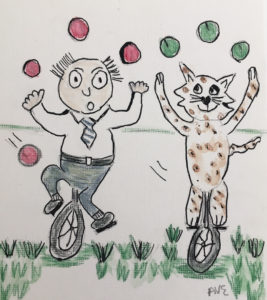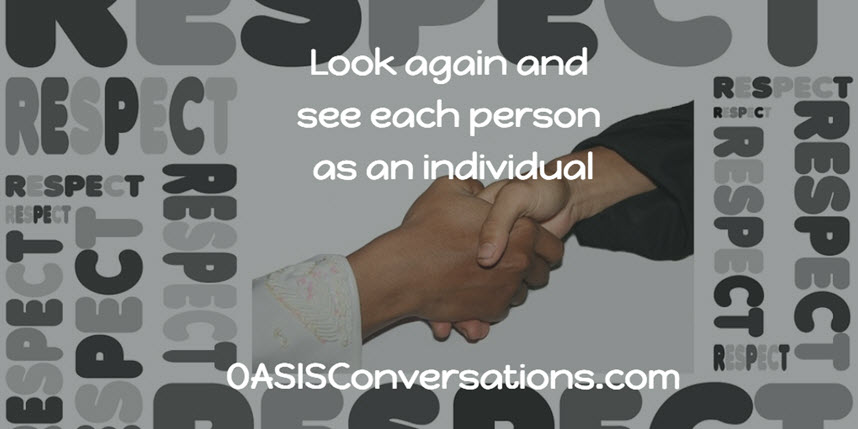
As an executive and team coach and organization development consultant, I have continually found a core challenge is that people don’t feel respected and don’t have the skills to effectively talk with each other about their concerns. As a third party, I can see where each person’s view makes sense to them. It is so easy to interpret actions as disrespectful and a cascade of reactions creates a negative and untrustworthy environment. The tension takes energy away from productivity and meaningful impact.
A study found that disrespect made people feel less motivated. 68% cut back on their work efforts; 80% lost time worrying about the behavior and 12% left their job. (Porath, 2016, Mastering Civility). Other studies showed that those who witness disrespect also have significant decreases in performance (Porath & Erez, 2009). Another study found that those who are seen as respectful were twice as likely to be viewed as leaders and performed significantly better.
Emotions are contagious. Disrespect spreads quickly through a team, family, or community. Everyone wants to feel respected and it can spread too if we each do our part to intentionally create an open, positive and welcoming environment.
It is useful to recognize our natural implicit bias. We are primed to see us and them. Our body releases hormones that lead us to trust those who are more like us. We easily attribute negative motives to those who appear to be different. We can intentionally widen our circles to include a broader group. We can set our intention to be open to others including those with different views, styles and appearance.
We know that we can build neural pathways that support us in being kind and respectful. I set the intention to take an open stance each day. A simple action is to develop your curiosity muscle. I encourage workshop participants to practice saying, “I am curious… tell me more about…. With a genuine open mindset and interest in others, they report amazing results. This simple intention allows people to be heard and valued—something we all need to feel respected.
Another practice suggested by Valerie Kaur is to begin to see people as “no stranger”. As you see people you don’t know, allow yourself to be curious and open to them. She internally calls them brother, sister, aunt, and uncle as she sees people. We can bring people into our inner circle. With this habit we can rewire our brains to see no stranger.
When we are open, we recognize that everyone is facing life’s challenges and we are in this together.
I encourage leaders and teams I work with to reflect on what helps them to feel respected and what they are doing to uplift others. It is often simple things that make a difference in helping people to feel valued, appreciated and heard. Consider thanking people, sharing credit, acknowledging others, showing interest, giving empathy, and greeting others in a friendly tone.
It is easier to connect with others when we find commonalities. Consider looking for at least three areas that you have in common with others. It could be areas of interest, the kinds of things you do for fun, the shows you enjoy or that you are dealing with aging parents or trying to garden, that you studied at the same school, etc. Enjoy learning more about each other.
How could our workplaces, homes and communities change if we each made the commitment to be open to others and to show respect? Consider the following actions:
- Reflect and share what actions help you to feel respected and the actions you are taking to lift others up by being respectful.
- Identify areas of commonality with others to support connection.
- Envision expanding your circle of us.



